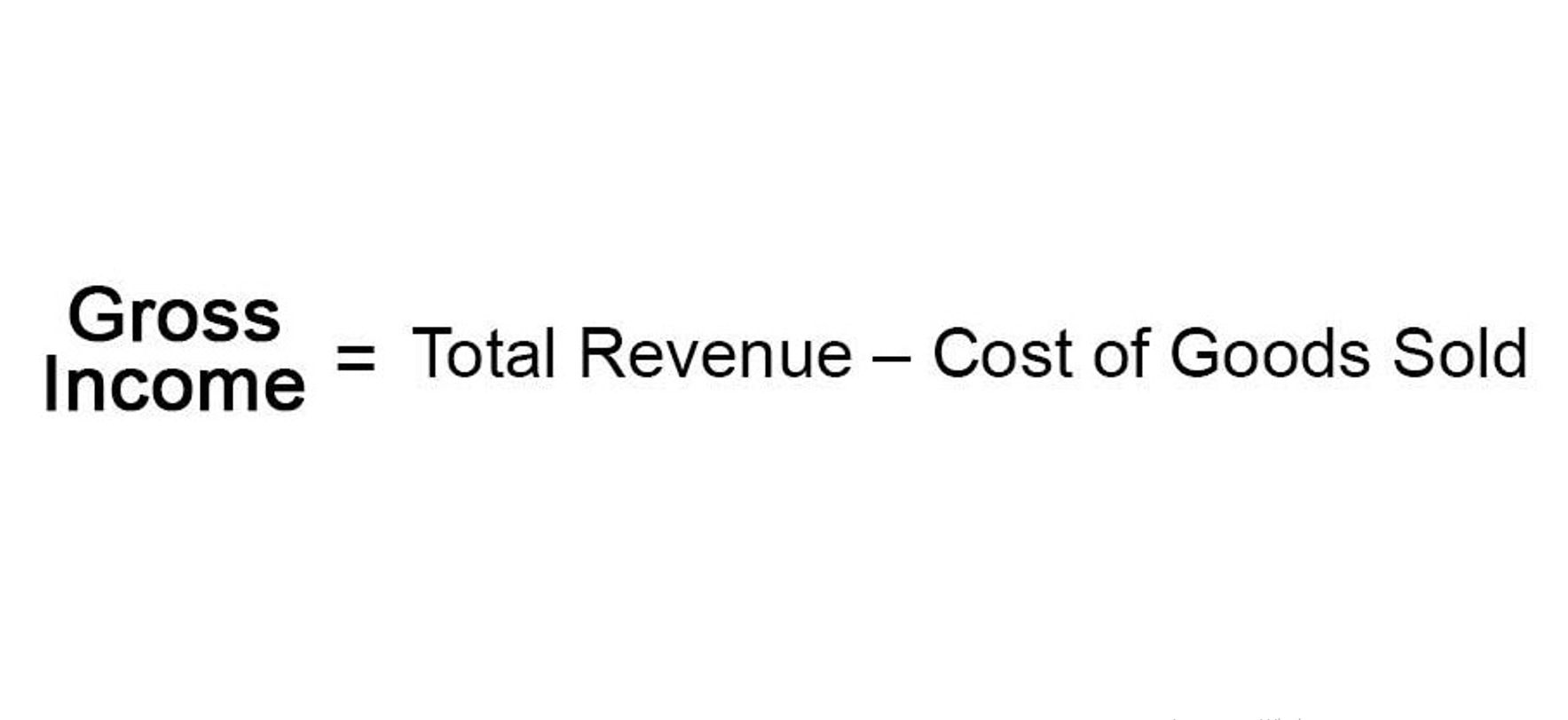
Many cloud-based solutions allow access through mobile devices, making your documents accessible almost anywhere in the world. Many financial institutions and businesses now let you opt for electronic billing and statements, either through email or online account access. Some banks charge a fee for paper statements now, as electronic paperwork becomes more readily available. Many banks and credit card issuers offer electronic statements now, so you may not need to keep paper copies on hand, which will cut down on excess clutter. If keeping other documents around longer term makes you anxious, you can opt to scan them to create electronic copies and then dispose of the original paper documents. If you ever face a tax audit, then you’ll have all the information you need.
How Long Should You Actually Keep Your U.S. Business Records?
Implement clear and consistent policies on how long you should keep employee records. Different types of records have different retention requirements — some may need to be kept for several years, while others can be safely discarded sooner. Having a well-defined employee rata retention policy helps you manage your data efficiently and ensures that you’re only holding onto what’s necessary. This not only keeps your records manageable but also reduces the risk of holding onto outdated or irrelevant information. BambooHR can help you collect and maintain your employee records in a single, secure system. Sensitive employee information is kept in separate folders only visible to those with permission.

Company and accounting records
If your records were destroyed by a disaster, go to Managing your tax affairs during or after a disaster. Only some companies can be reinstated to the Companies Register once they’ve been removed. Find out who can apply, what evidence to provide and if you should apply to the Registrar or the High Court.
Subscribe to the Sage Advice newsletter
- For most small businesses, the business checking account is the main source for entries in the business books.
- Discover how the gearing ratio affects the ability of your small business to secure funding, investment and manage debt.
- ‘Provisional’ means you’ll be able to get paperwork to confirm your figures later.
- Keeping all of your documents on your computer isn’t very efficient and can bog down your system.
It’s best to keep your records simple, clear and accurate but with the appropriate level of detail, so other people can use them. Digital record keeping makes it easier to share information and keep it in order. You can keep them on paper, digitally or as part of a software program, such as bookkeeping software. There are rules about what you can and cannot claim as expenses on your tax return.
Fact-checking attacks on Walz’s military record by Vance and other Republicans
- Here are some questions and answers to help business owners understand the ins and outs of good recordkeeping.
- Your company must keep records to meet Companies Act regulations and tax regulations.
- All requirements that apply to hard copy books and records also apply to electronic records.
- It’s best to maintain your records with the help of an experienced bookkeeper and electronic accounting software.
- You must keep these records to figure any depreciation, amortization, or depletion deduction and to figure the gain or loss when you sell or otherwise dispose of the property.
Having these documents on hand can protect you if there’s ever a question about an employee’s legal status. Shredding your documents is the best way to protect your business’s sensitive information and safeguard against identity theft. After the recommended time for retention has passed, you can manually shred your paperwork or find a local document shredding service that will handle the work for you. HR managers should have a process in place to handle employee record requests. Say goodbye to outdated spreadsheets and hello to centralized employee records!
- Examples are for illustrative purposes only and not intended to establish any standards of care, serve as legal advice, or acknowledge any given factual situation is covered under any CNA insurance policy.
- It is accurate to the best of the author’s knowledge as of the article date.
- After 24 years of military service, Walz said he retired from the Minnesota National Guard in May 2005 to run for Congress.
- However, there are circumstances where they can go back as far as six or seven years, for example, if you underreported income by 25% or more.
- The responsibility to substantiate entries, deductions, and statements made on your tax returns is known as the burden of proof.

There’s a reason so many HR professionals are shifting to cloud-based employee databases. HIPAA regulations require that medical files be kept secure and stored separately from personnel files because they contain sensitive and confidential information. Your company should keep an employee’s Form I-9 for at least one year after https://www.bookstime.com/ termination or three years from their hire date, whichever date is later. Citizenship and Immigration Services; they offer a handy calculator on their website to help you figure out how long you need to keep these employee records. Disposing of records is not as simple as separating recyclables from other types of refuse.
- You should also note that if you need to amend your tax return, there is a time limit on that as well.
- Because asset values can depreciate over time, your records will help an auditor or tax professional calculate the asset’s depreciation, amortization, or depletion deductions.
- Walz has said since before his Army retirement that he left to run for Congress.
- Once you know what types of records you have, it’s time to figure out how long to keep tax returns, statements and other documents.
Banks typically don’t mail canceled checks back to you anymore, but if yours does, most canceled checks are okay to shred once you’ve verified your bank statement is correct. Some canceled checks should be saved, though, if they are related to tax returns, like any charitable giving. Laws and regulations surrounding employee records can change frequently, so staying compliant is crucial. Ensure that your records meet the latest working laws and privacy regulations by conducting regular compliance checks. Staying compliant not only protects your business from fines but also builds trust with your employees.
A nice starting point is determining the period of limitations for the item recorded. The period of limitation is the time in which you can amend your tax return to claim a refund or the the time in which the IRS is allowed to assess additional taxes. Depending on the item for which the record pertains, how long to keep company records the IRS recommends keeping the records for years. Aside from the IRS requiring you to maintain business records, there’s a business case to do so as well. Keeping good records ensures that you have accurate financial statements and that you can assess how your business is doing at any time.